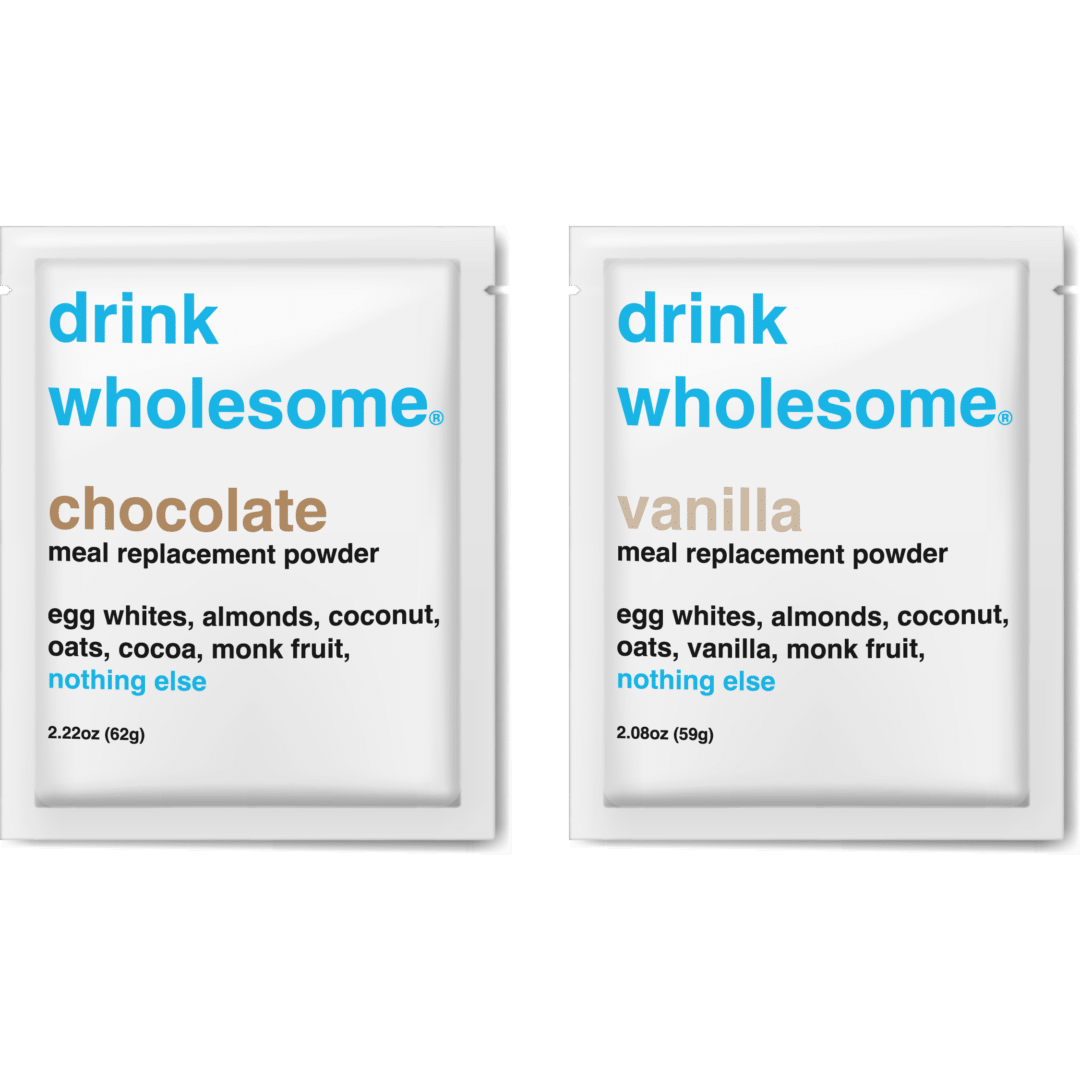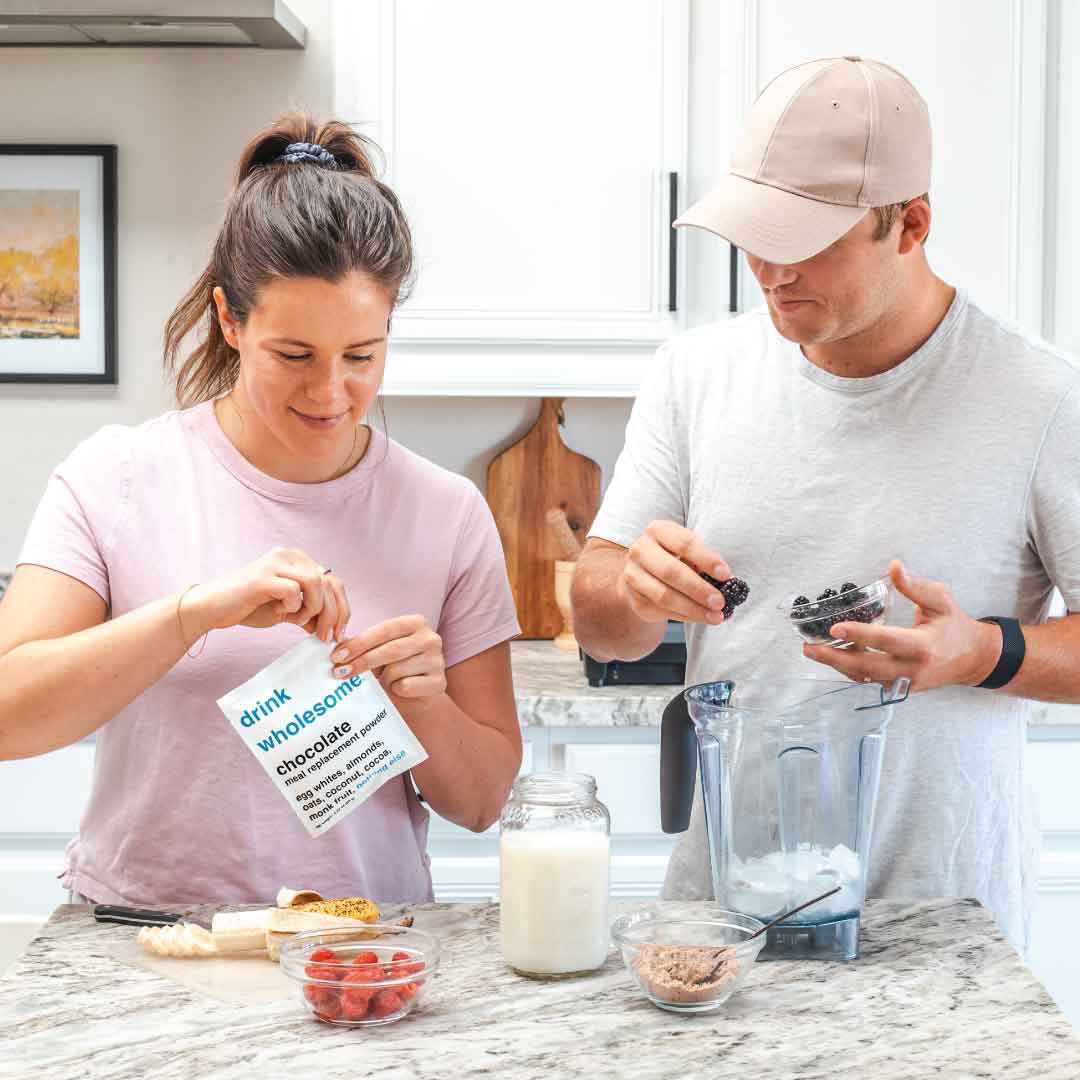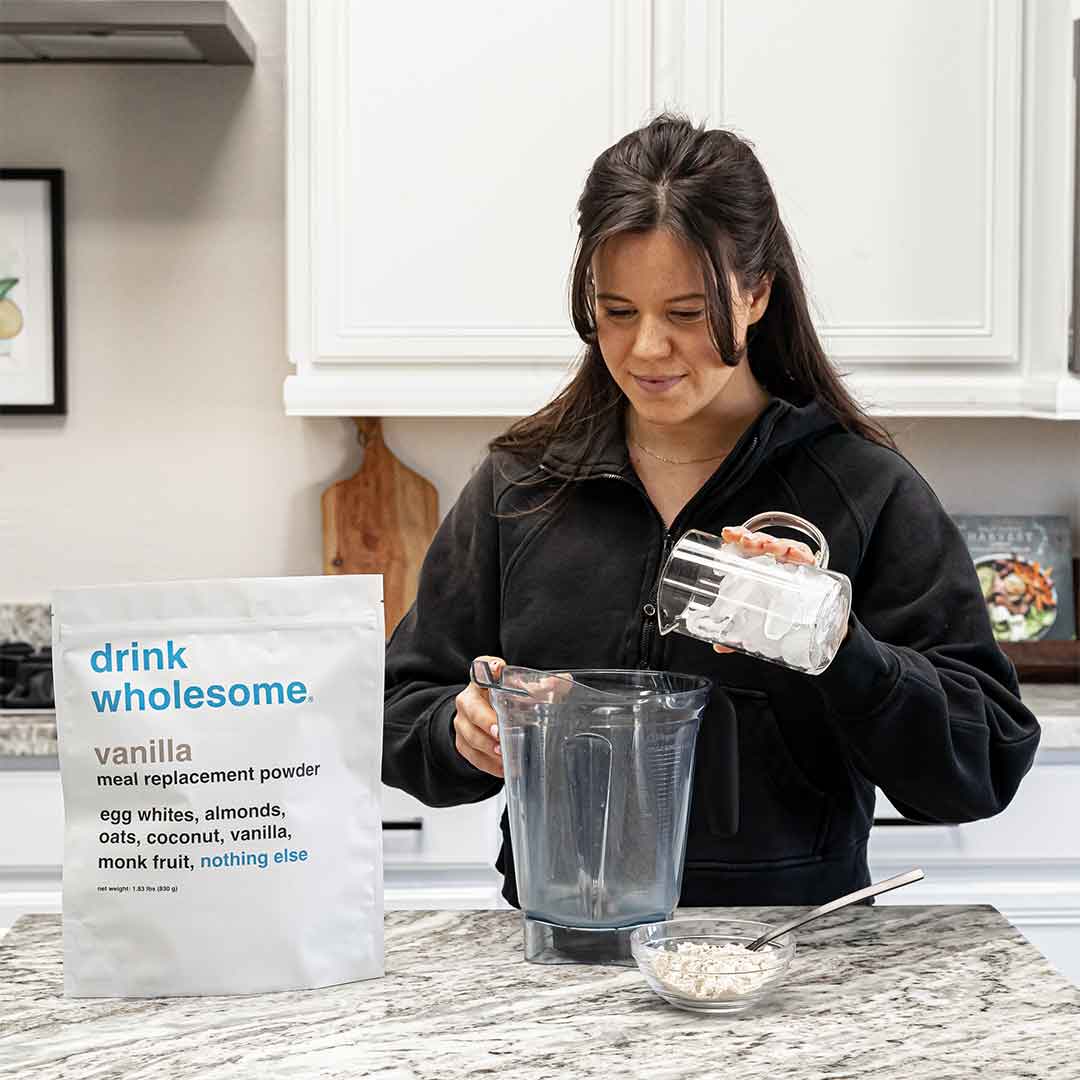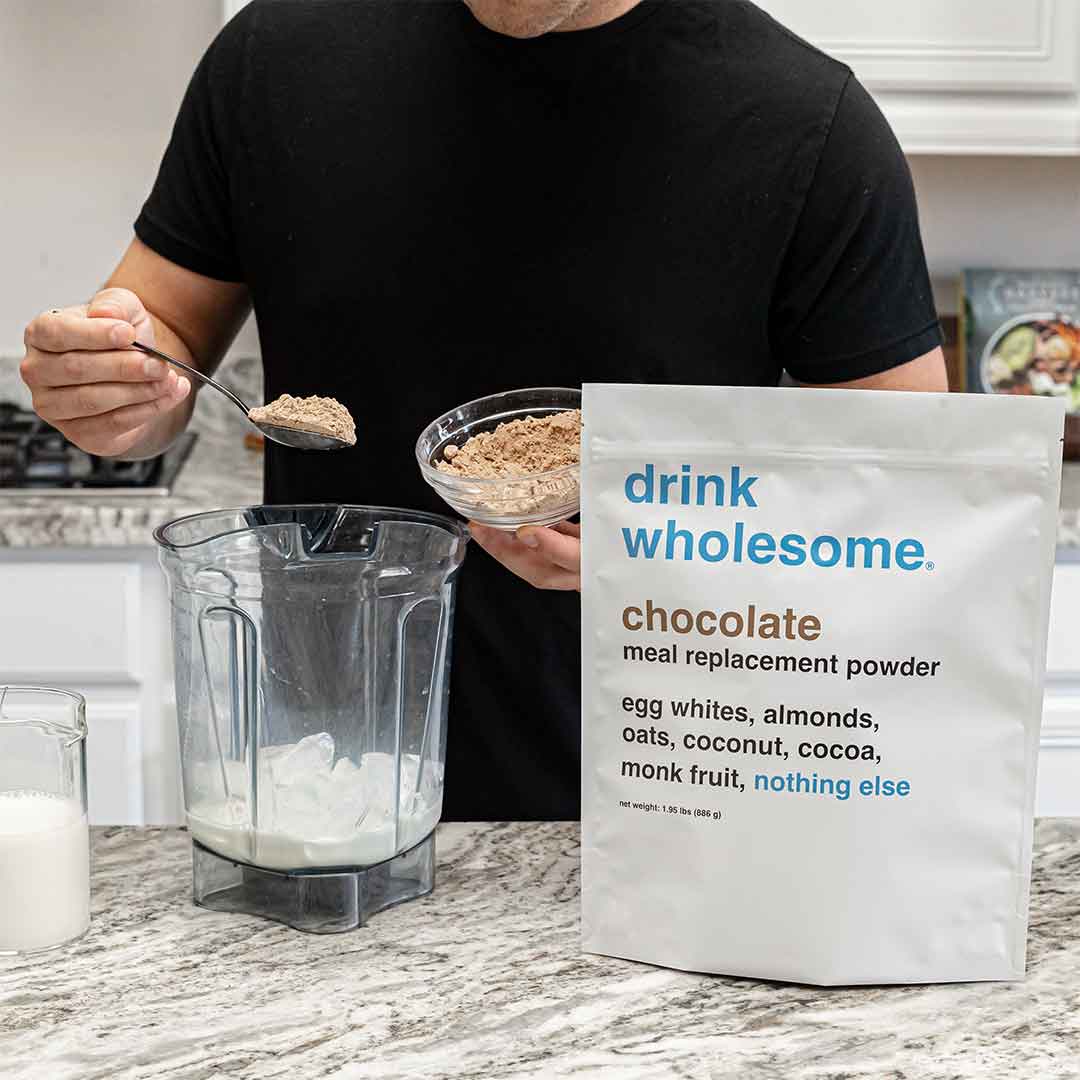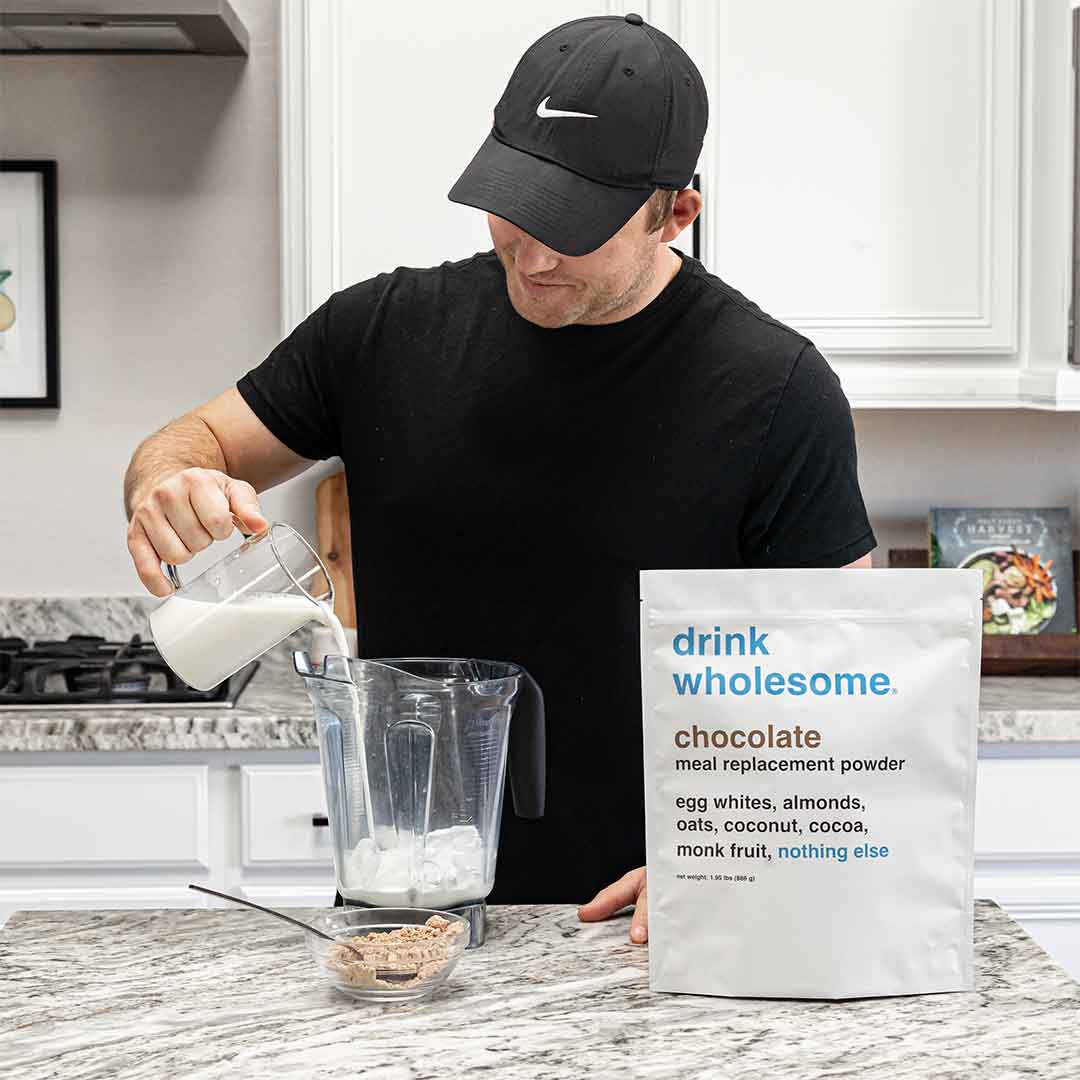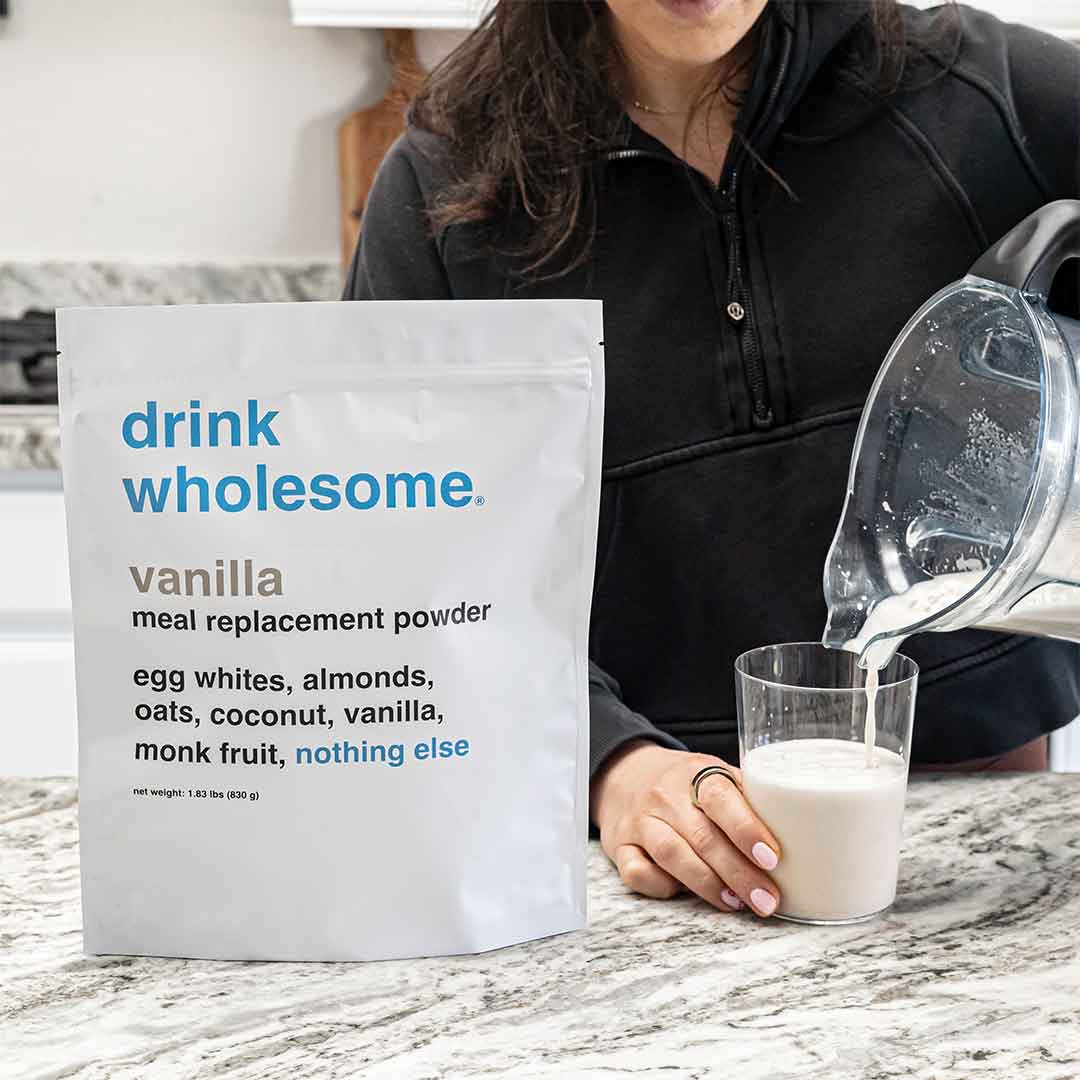drink wholesome makes meal replacements that don’t cause gas.
Written by Jack Schrupp & endorsed by Baylee Reller, RDN
Do meal replacements give you gas?
If meal replacements make you gassy, you are not alone. Bloating, farts, and stomach pain are common side effects of meal replacements. Many people assume that flatulence is the price to pay for using meal replacements, but this is simply not the case.
Your meal replacement should not make you gassy, and if it does, you need to find a new one. Before you go ahead and switch brands, however, you need to understand what is causing meal replacement gas in the first place.
Why do meal replacements give me gas?
There are many reasons why meal replacements make you gassy, but you can usually look to the ingredient list for answers. Most meal replacements are made with ingredients that are not easy to digest, which means that they sit in your gut for longer than they should.
This leads to fermentation, which produces gas. It is important to note that every gut is different, and ingredients that cause gas for one person might not cause gas for someone else. That said, there are several ingredients that are common triggers, and it cannot hurt to cut them out of your diet.


